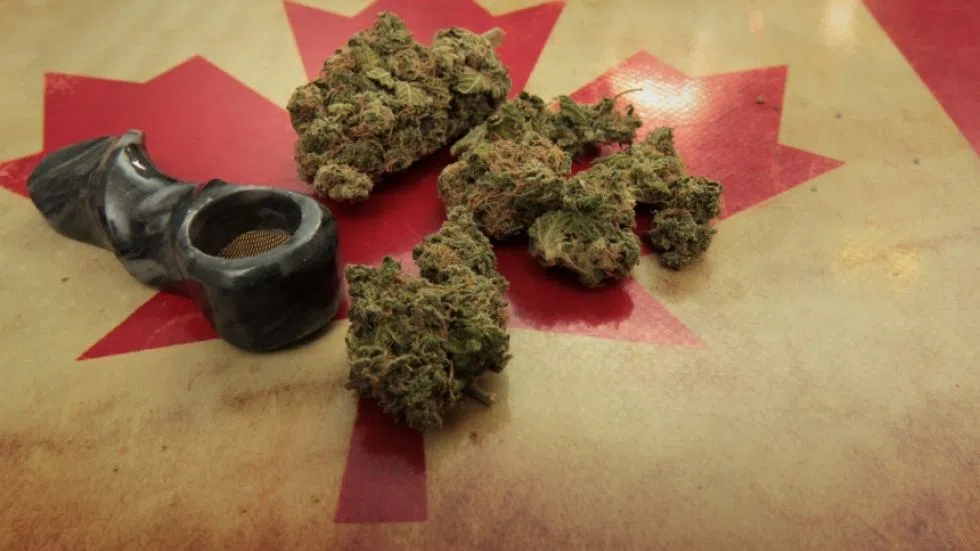
Mayor mixed on potential of private pot sales
As Saskatchewan’s Justice Minister hints at a lean towards a private marijuana sales model in the province, Mayor Greg Dionne is worried this will cause more problems then it will solve.
Late last week, Don Morgan confirmed the province does not “want to be in the ownership or marketing” of marijuana when it becomes legal July 1, rather the province wants to focus on “a competent, well-run, regulatory scheme.”
“We don’t want to market it or warehouse it,” Morgan said Thursday when asked on topic.
The provincial government is in the midst of preparing legislation to introduce in the legislature before the end of the fall session on Dec. 7, but the particulars are still unclear.


